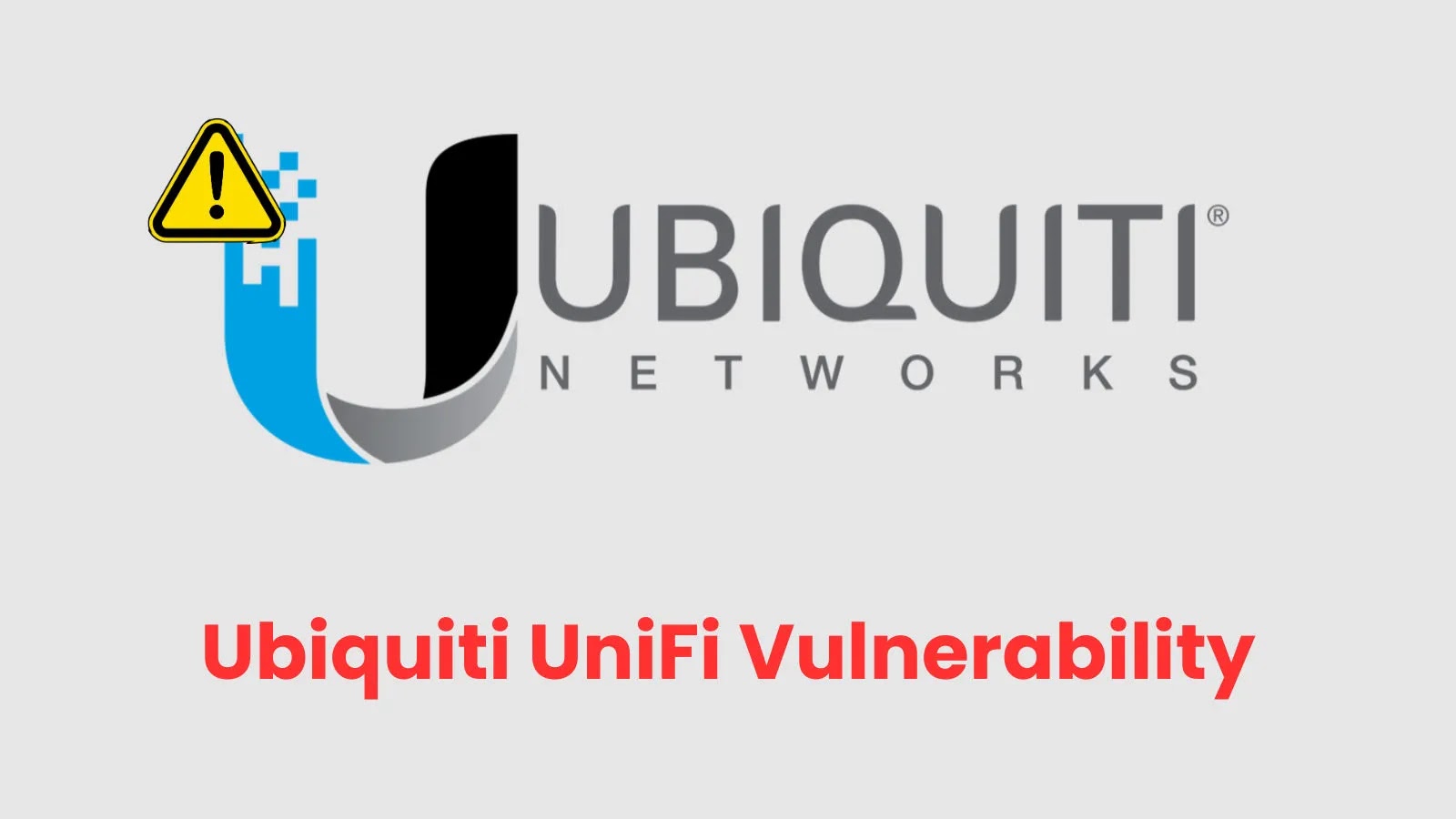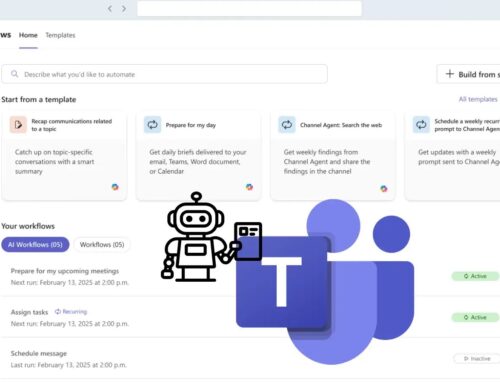
Ubuntu’s Kernel Vulnerability Let Attackers Escalate Privileges and Gain Root Access
A chilling disclosure from the recent TyphoonPWN 2025 conference has sent ripples through the Linux community: a critical kernel vulnerability in Ubuntu. This flaw allows local attackers to elevate their privileges, potentially seizing complete control over affected systems. For anyone managing Ubuntu deployments, understanding this vulnerability and its implications is paramount.
Understanding the Ubuntu Kernel Vulnerability: A Deep Dive
The vulnerability, affecting Ubuntu’s Linux kernel, is rooted in a subtle yet dangerous flaw within the af_unix subsystem. Specifically, researchers pinpointed a reference count imbalance. This imbalance creates a precarious condition known as a use-after-free (UAF) vulnerability.
A UAF vulnerability occurs when a program attempts to use memory that has already been deallocated. In the context of a kernel, this can lead to catastrophic consequences, including arbitrary code execution in kernel space. Attackers, once they gain local access to a system, can leverage this UAF condition to craft exploits that grant them elevated privileges, ultimately achieving root access.
The severity of this issue is underscored by the fact that a full proof-of-concept exploit was demonstrated at TyphoonPWN 2025, proving its practicality and the immediate danger it poses.
Impact and Potential Consequences
The ability for a local attacker to escalate privileges to root on an Ubuntu system is among the most severe types of vulnerabilities. With root access, an attacker can:
- Install Malicious Software: Deploy rootkits, backdoors, or other malware that can remain undetected for extended periods.
- Access Sensitive Data: Compromise confidential files, databases, and user information.
- Modify System Configurations: Alter system settings, disable security features, and create new user accounts with elevated privileges.
- Launch Further Attacks: Utilize the compromised system as a launchpad for attacks against other systems within the network.
- Cause Denial of Service: Disrupt critical services or render the system unusable.
This vulnerability underscores the critical importance of keeping operating systems and their kernels consistently updated, regardless of their perceived security posture.
Targeted Systems and Identification
While specific Ubuntu versions were not detailed in the initial disclosure, kernel vulnerabilities typically affect a range of versions. It is reasonable to assume that recent and currently supported Ubuntu releases are at risk until official patches are released and documented. System administrators should monitor official Ubuntu security advisories closely for precise details on affected versions and the corresponding CVE ID once it is assigned and published in the National Vulnerability Database.
Once a CVE ID is available, it will be crucial to cross-reference it with your current kernel versions. For example, if the vulnerability is assigned CVE-YYYY-XXXXX, you would use this identifier to search for patches and verify your system’s status.
Remediation Actions
Immediate action is required to mitigate the risks posed by this critical vulnerability. Follow these steps:
- Monitor Official Ubuntu Channels: Regularly check the official Ubuntu security advisories and mailing lists for public disclosure of the vulnerability’s CVE ID and the release of patches. Subscribe to these channels for real-time updates.
- Prioritize Kernel Updates: As soon as patches become available, prioritize updating your Ubuntu kernels across all affected systems. This is the most effective defense against this type of exploit. Use standard package management tools like
apt update && apt upgrade. - Implement Least Privilege: Ensure that all user accounts and applications operate with the absolute minimum necessary privileges. This limits the damage an attacker can inflict even if they manage to gain local access.
- Enhance Local Security Measures: Review and strengthen local security policies, including strong password enforcement, comprehensive logging, and intrusion detection systems tailored for local anomaly detection.
- Educate Users: While this is a local privilege escalation, a social engineering attack could be a precursor to local access for an attacker. Educate users on identifying and reporting suspicious activities.
Tools for Detection and Mitigation
| Tool Name | Purpose | Link |
|---|---|---|
uname -r |
Identify the current kernel version running on your Ubuntu system. | N/A (built-in command) |
| Ubuntu Security Advisories | Official source for vulnerability details and patch releases. | https://ubuntu.com/security/advisories |
apt update && apt upgrade |
Update system packages, including kernel. | N/A (built-in command) |
| Linux Exploit Suggester | Identifies potential kernel exploits applicable to your system (post-disclosure). | https://github.com/mzet-/linux-exploit-suggester |
Conclusion
The discovery of a critical kernel vulnerability in Ubuntu, demonstrated at TyphoonPWN 2025, serves as a stark reminder of the continuous challenges in maintaining system security. The flaw, stemming from a reference count imbalance leading to a use-after-free condition in the af_unix subsystem, empowers local attackers to escalate privileges to root. Proactive monitoring of official Ubuntu security channels for the CVE ID and subsequent patch releases is essential. prioritize kernel updates across all Ubuntu deployments and reinforce existing security protocols. Remaining vigilant and responsive to these disclosures is crucial for safeguarding your systems against evolving threats.





